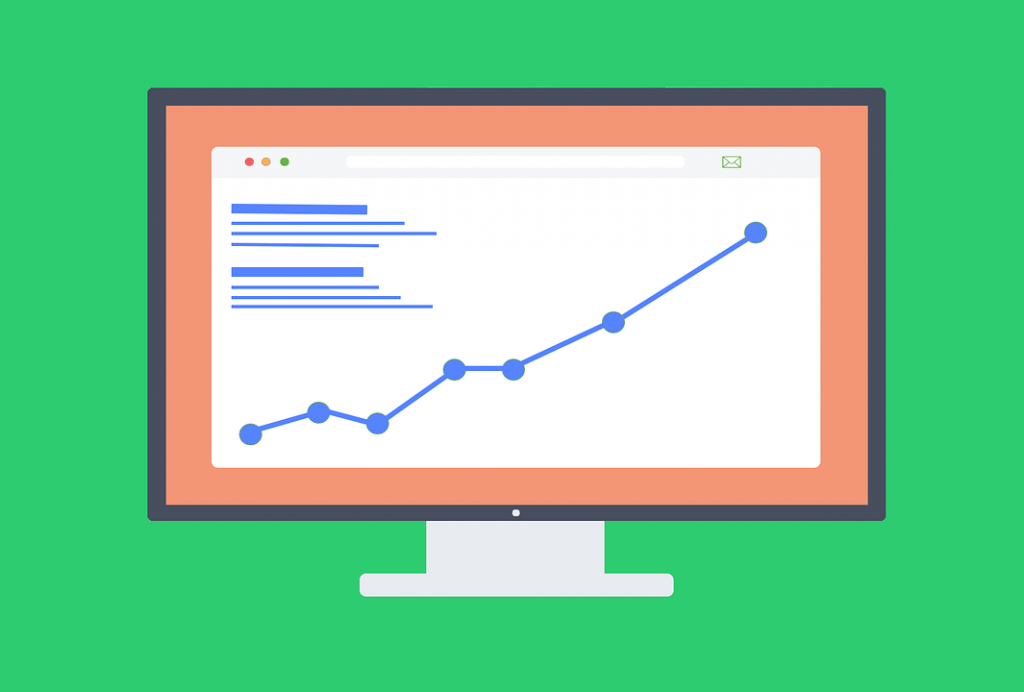
Search Engine Optimization of websites and blogs is the most powerful marketing strategy for companies around the world. The sheer volume of visitors that can be directed into the sales funnel make SEO an undeniable marketing tool. While SEO is a guaranteed way to achieve a major part of your marketing goals, the constant evolution of optimization techniques makes it hard for any business to stay on top for a long time.
There are some common SEO mistakes that are tough to avoid and harmful to your website ranking. Search engines are becoming increasingly hard to predict and there is no way to predict if your optimization approaches are on the right track. However, there are some proven ways and techniques to avoid common SEO errors and to bring the desired results that match your efforts.
Here are the 8 SEO mistakes that will make Google hate your website.
Non-Original Content
Google is concerned about its users and drives content that are useful and valuable to them. So when there are thousands of websites with content revolving around a particular topic, how does Google pick the best among them?
One criterion for Google to rank websites is the quality of content on these sites. Original, unique, and valuable content that educate and inform users are given top priority over recycled and duplicate content. Instead of ripping off copy content, try to create original and meaningful content to not get pushed behind in search results.
Wrong Keywords
Ranking in Google is all about choosing the right keywords and optimizing your site using them. One of the most common mistakes is choosing keywords that are too generic and avoiding long-tail keywords. While you use certain terms to define your products, it is necessary to understand what your potential customers might refer to them while they search.
It is ideal to do a careful and thorough research before you start optimization. Some tools that will be useful in keyword picking are Google AdWords Keyword Planner, Moz Keyword Explorer, Uber Suggest, and SEMrush.
No Quality Backlinks
Google understands that a website is trusted and reputable when there are backlinks to it from high-quality websites. Building a solid reputation for your website is essential or Google may rank you lower in comparison to other similar websites in your domain.
Get quality external links from relevant and high ranking websites to improve your chances of ranking on Google. Avoid going for paid backlinks and programs of such kind. These are counterproductive and can ruin your SEO scores.
No Mobile-Friendly Site
Almost over 55% of users around the world access internet through mobile phones. Google recognizes this changing trend and awards websites that offer fast and user-friendly mobile experience. Companies which ensure a smooth mobile experience for their users are ranked higher than counterparts who don’t have mobile optimized websites.
A mobile optimized site with good load speed is guaranteed a better ranking on the Google SERP. Use speed test tools like Pingdom and GT Metrix to analyze your website’s performance on desktop and mobile.
Keyword Stuffing
Keyword Stuffing worked 10 years back. But, Google has come a long way since then. Now, stuffing keywords in your articles are considered spammy by the search engine giant. Overusing your chosen keywords is detrimental and hurts your SEO performance.
Google is already employing a special semantic search called Latent Semantic Indexing (LSI) that can recognize the topic of your content without you having to stuff your content with repeated keywords.
No Social Media Interactions
Website optimization has a social angle to it as well. A brand that has a significant social outreach on channels such as Facebook, Twitter, Google+ and Instagram are recognized by Google for ranking. The social media subscriber base, shares, and comments play an important part in strengthening the credibility of your website.
Building relationships with customers and doing structured outreach through influencers from various social channels is a necessity for ranking high on Google.
Website Popups
Too many web popups are a pain in the neck for any user. It takes away the involvement with your website and increases the bounce rate. While it is apt to have relevant ads displaying on your website, overdoing it hurts your SEO goals.
The recent Google updates punish sites that use annoying pop-ups ads on desktop and mobile. According to Google, any popup that hides the main content on the website and that navigates the user to a page different from the search results will be penalized.
Broken Links
Broken links lead Google web crawlers to a dead end and can dampen your SEO efforts. These broken links along with the dreaded 404 page not found error destroy your website’s ranking and reputation. They affect your repeat user ratio and subsequently affect your website’s conversion rates. Instead of removing the bad links on your website, the sensible thing to do will be to fix them.
There are various web analyzers and SEO tools to identify and fix these errors. You can make use of Google Webmasters and Ahrefs to check and fix broken links and 404 errors.
Search Engine Optimization is an indispensable part of digital marketing today. It is extremely vital to follow the best practices to avoid common SEO mistakes that can hurt your website rankings. Keep yourself updated on the regular Google tweaks to ace your SEO marketing efforts.
